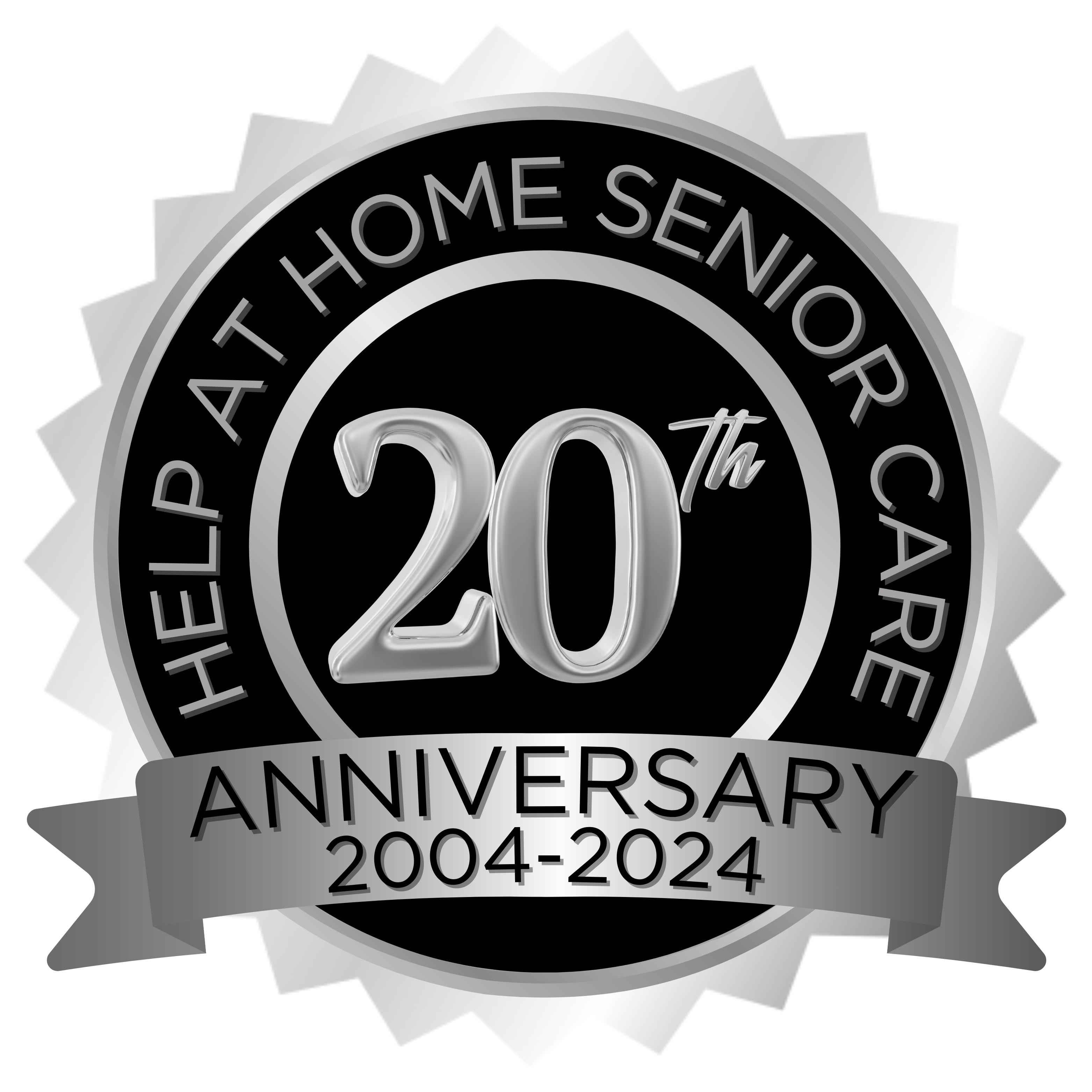AN INVESTIGATION ON ITS RELATIONSHIP WITH HIPPOCAMPAL VOLUME AND MEMORY PERFORMANCE IN OLDER ADULTS
For centuries it has been known that dancing is a very beneficial activity in regards of health. But the real breakthrough happened in 2012, after the results of two studies, held on the correlation between health and dancing, especially dancing and Alzheimer's, were published.
One of the studies was held at the Albert Einstein College of Medicine in New York City. The results were published in the article in the New England Journal of Medicine. An excellent review of the study was written by professor of Stanford University Dance Vision – Richard Powers. The full text of the article You can find here. Meanwhile lets take a brief look at the study – here are some excerpts from the review:
“For centuries, dance manuals and other writings have lauded the health benefits of dancing, usually as physical exercise. More recently we’ve seen research on further health benefits of dancing, such as stress reduction and increased serotonin level, with its sense of well-being.
Most recently we’ve heard of another benefit: Frequent dancing apparently makes us smarter. A major study added to the growing evidence that stimulating one’s mind by dancing can ward off Alzheimer’s disease and other dementia, much as physical exercise can keep the body fit. Dancing also increases cognitive acuity at all ages.
The 21-year study of senior citizens, 75 and older, was led by the Albert Einstein College of Medicine in New York City, funded by the National Institute on Aging, and published in the New England Journal of Medicine. Their method for objectively measuring mental acuity in aging was to monitor rates of dementia, including Alzheimer’s disease. The study wanted to see if any physical or cognitive recreational activities influenced mental acuity. They discovered that some activities had a significant beneficial effect. Other activities had none. They studied cognitive activities such as reading books, writing for pleasure, doing crossword puzzles, playing cards and playing musical instruments. And they studied physical activities like playing tennis or golf, swimming, bicycling, dancing, walking for exercise and doing housework. One of the surprises of the study was that almost none of the physical activities appeared to offer any protection against dementia. There can be cardiovascular benefits of course, but the focus of this study was the mind. There was one important exception: the only physical activity to offer protection against dementia was frequent dancing.
- Reading – 35% reduced risk of dementia
- Bicycling and swimming – 0%
- Doing crossword puzzles at least four days a week – 47%
- Playing golf – 0%
- Dancing frequently – 76%. That was the greatest risk reduction of any activity studied, cognitive or physical.
WHY DANCING?
We immediately ask two questions:
- Why is dancing better than other activities for improving mental capabilities?
- Does this mean all kinds of dancing, or is one kind of dancing better than another?
That’s where this particular study falls short. It doesn’t answer these questions as a stand-alone study. Fortunately, it isn’t a stand-alone study. It’s one of many studies, over decades, which have shown that we increase our mental capacity by exercising our cognitive processes. Intelligence: Use it or lose it. And it’s the other studies which fill in the gaps in this one. Looking at all of these studies together lets us understand the bigger picture. Some of this is discussed here (the page you may have just came from) which looks at intelligence in dancing. The essence of intelligence is making decisions. And the concluding advice, when it comes to improving your mental acuity, is to involve yourself in activities which require split-second rapid-fire decision making, as opposed to rote memory (retracing the same well-worn paths), or just working on your physical style. One way to do that is to learn something new. Not just dancing, but anything new. Don’t worry about the probability that you’ll never use it in the future. Take a class to challenge your mind. It will stimulate the connectivity of your brain by generating the need for new pathways. Difficult and even frustrating classes are better for you, as they will create a greater need for new neural pathways. Then take a dance class, which can be even better. Dancing integrates several brain functions at once, increasing your connectivity. Dancing simultaneously involves kinesthetic, rational, musical and emotional processes.
Finally, remember that this study made another suggestion: do it often. Seniors who did crossword puzzles four days a week had a measurably lower risk of dementia than those who did the puzzles once a week. If you can’t take classes or go out dancing four times a week, then dance as much as you can. More is better.
And do it now, the sooner the better. It’s essential to start building your cognitive reserve now. Some day you’ll need as many of those stepping stones across the creek as possible. Don’t wait — start building!” And, Help at Home Senior Care, a top provider of elder care in Roseville and the surrounding areas, can help! Contact us at (530) 885-7444 to find out more about our skilled, creative care for those with Alzheimer's and other types of dementia.
From THE ALZHEIMER'S PROJECT JOURNAL
